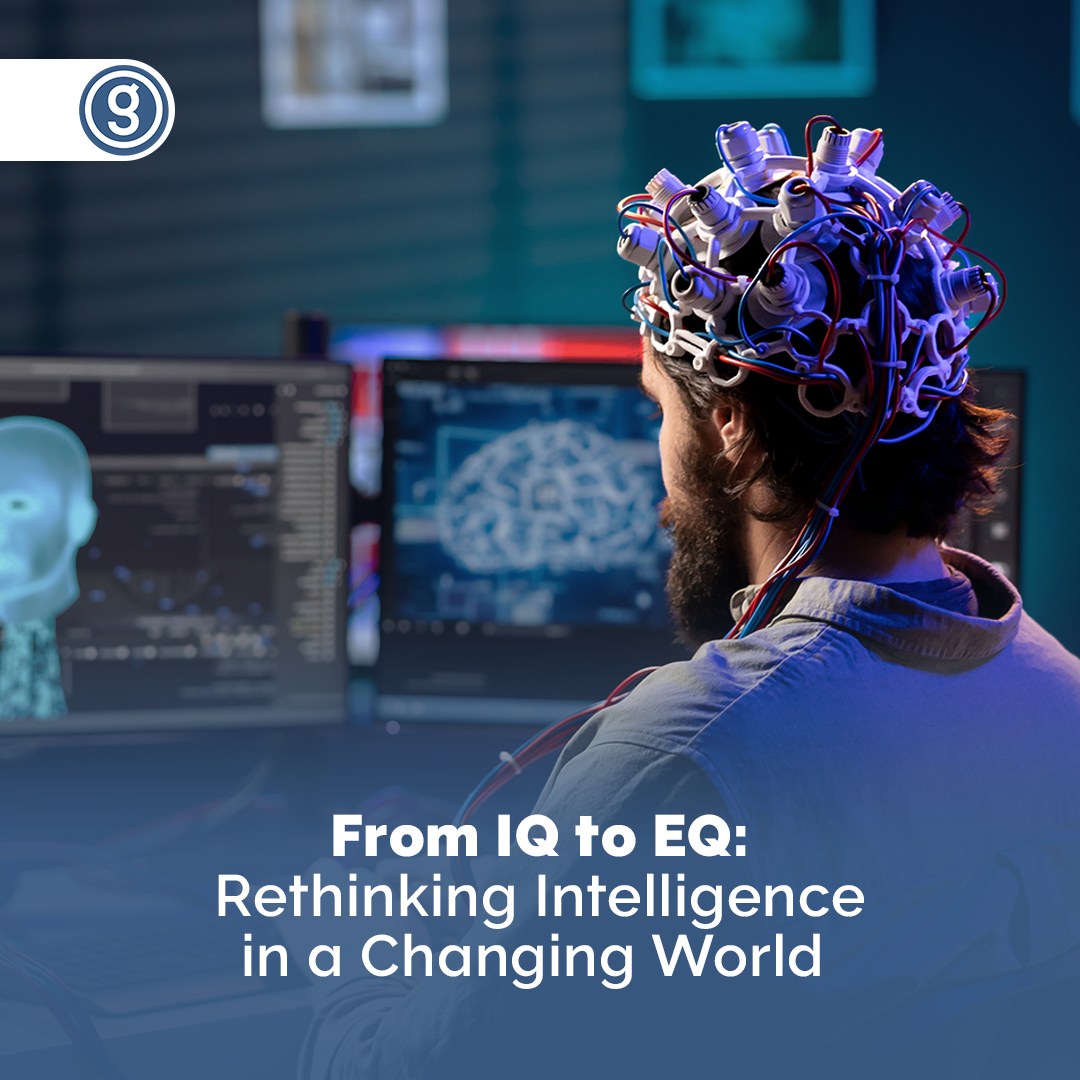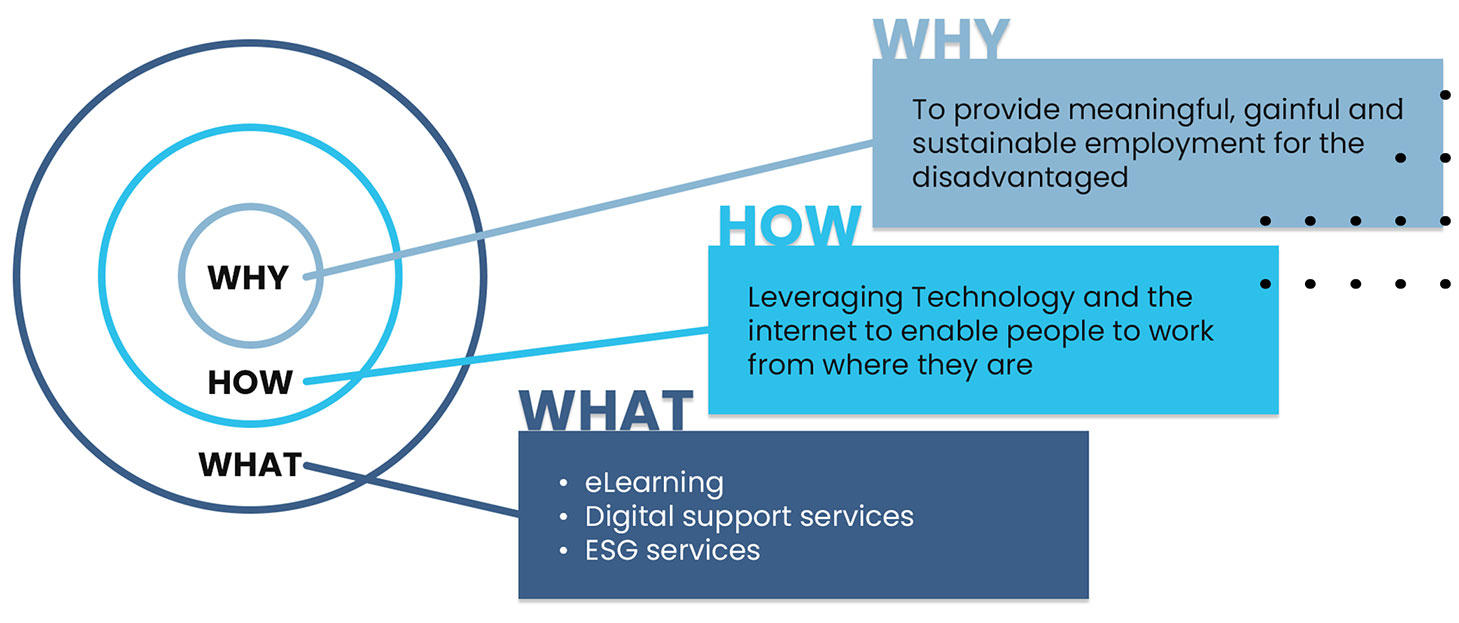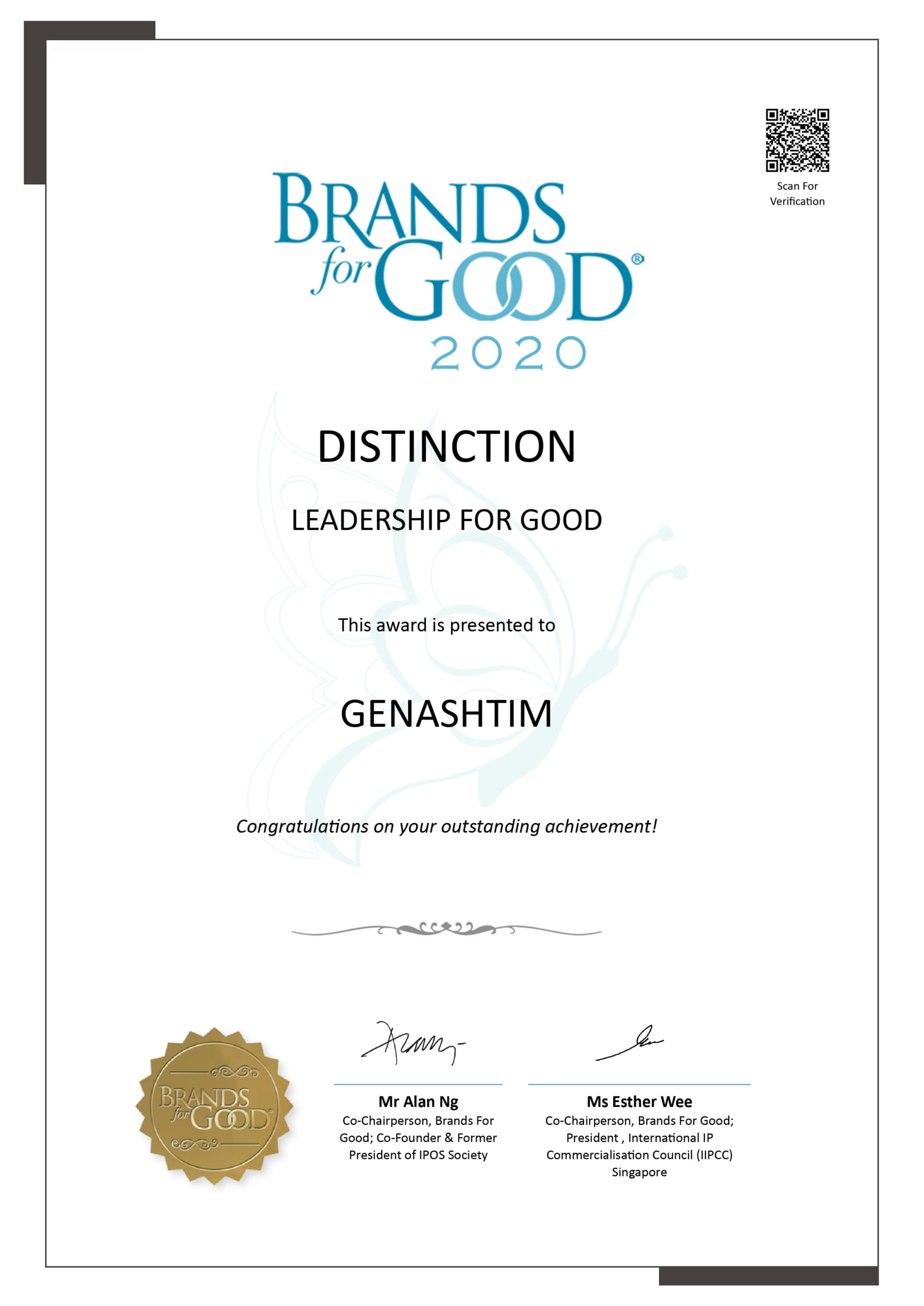From IQ to EQ: Rethinking Intelligence in a Changing World

Like many children, my focus while growing up has been on IQ. The common belief was that those with higher IQs were expected to excel in everything and be more successful in life. This often led to competitions among schoolmates to see who had the highest IQ, equating it with being “smarter”.
However, my experiences in the professional world revealed that IQ is not the only key to success; emotional intelligence, or EQ, plays an equally vital role. This realization led me to delve deeper into how these two forms of intelligence influence our lives and careers.
With the advent of AI and its takeover of more repetitive and technical parts of the job, the debate between intelligence quotient (IQ) and emotional quotient (EQ) is gaining traction. In this blog, we will explore the importance of both IQ and EQ and how they can complement each other.
Intelligence Quotient (IQ)
IQ is a score that reflects how well someone can think, reason, and solve problems. It’s typically measured through tests that assess things like math skills, language ability, and how well you can see patterns in things.
Role of IQ in Professional Life:
A high IQ can be a big advantage at work, especially in jobs that involve a lot of complex thinking or problem-solving. For example, fields like engineering, science, and technology often require sharp analytical skills and a strong IQ to tackle the challenges they present.
Emotional Quotient (EQ)
While a high IQ can help solve complex problems, it’s the EQ that often determines how well we work with others and manage ourselves in high-pressure environments. It’s the kind of intelligence that helps us navigate social situations, build strong relationships, and handle stress. EQ is made up of several key skills:
– Self-awareness: Being in tune with your own emotions.
– Self-regulation: Controlling your emotions and responding to situations in a calm and measured way.
– Motivation: Staying focused and driven, especially in the face of challenges.
– Empathy: Understanding how others feel and responding with care.
– Social Skills: Building and maintaining healthy relationships with others.
Role of EQ in Professional Life:
In the workplace, EQ is crucial for teamwork, leadership, and customer relations. It helps you communicate better, resolve conflicts smoothly, and inspire those around you. Jobs that involve managing people, like in management, counseling, or sales, often require a high EQ for success.
Comparison of IQ and EQ through Fictional Characters:
To truly grasp how IQ and EQ interact in real life, it might help to look at some examples. Let me give examples of two fictional characters who vividly demonstrate what happens when a high IQ is not balanced by EQ. The first character is Sheldon Cooper from The Big Bang Theory, who has been extraordinarily gifted since birth. With an IQ of 187, he starts college at the age of 11 and earns his first doctorate by 16. However, despite his remarkable intelligence, Sheldon’s EQ is extremely low. He struggles to comprehend social cues, sarcasm, or any social interactions. Throughout the show, he finds it difficult to understand people’s emotions and often fails to grasp why others might feel angry or frustrated with him. This lack of EQ makes him a challenging person to live and work with.
Another similar character is the version of Sherlock Holmes depicted in the BBC series. While I can’t say for certain if Arthur Conan Doyle’s original character had low EQ, the show portrays Sherlock as having an exceptionally high IQ—approximately 190, according to some experts—but very low EQ. Apart from his friend Dr. Watson, who understands and tolerates him, most people secretly despise Sherlock for his lack of empathy and social awareness.
These characters remind us that even the sharpest mind can fall short without the ability to understand and connect with others—highlighting that EQ is not just an add-on but a fundamental part of true intelligence. Imagine how much more effective Sheldon or Sherlock could be if they had stronger emotional intelligence. Therefore, their characters raise an important question: which is more crucial for success in professional and personal life, IQ or EQ?
IQ vs. EQ: Which Is More Important?
Both IQ and EQ play crucial roles in professional success, though they contribute in distinct ways. IQ is essential for tasks requiring logical thinking and problem-solving, while EQ is vital for effective collaboration and fostering a positive work environment.
IQ and EQ often complement each other. A manager with a high IQ might excel at planning and strategizing, but without strong EQ, they could struggle to connect with their team. Conversely, someone with high EQ can effectively lead and inspire others, even if their IQ is average.
The Origin and Impact of Emotional Intelligence
Emotional intelligence was popularized after renowned psychologist and author, Dr. Daniel Goleman, published his book Emotional Intelligence in 1995. According to Goleman, EQ is often a stronger predictor of success than IQ, especially in professional settings. Studies show that as rated by peers, success was found to correlate highly with EQ but not at all with IQ. This is particularly surprising given the traditional emphasis on IQ in technical fields. Goleman explains that while IQ sets a “floor effect”—meaning most technical experts like engineers already have a sufficiently high IQ (around 115 or above)—EQ varies greatly and can significantly impact an individual’s success.
Emotional intelligence encompasses managing yourself, overcoming obstacles, maintaining a positive outlook, and building strong relationships. These competencies are vital not just for personal success but also for teamwork and leadership. Studies show that emotional intelligence training significantly enhances leadership effectiveness and team performance. This training can lead to a 72% increase in effective leadership skills, which directly correlates with a 13% improvement in overall team performance.
Can EQ Outweigh IQ in Career Growth?
A study by an executive recruiting firm specializing in C-level hires like CEOs and CFOs revealed that executives are often hired for their business expertise and IQ but are ultimately fired because of deficiencies in emotional intelligence. This finding underscores the growing importance of EQ in hiring and promotions.
Similarly, TalentSmart conducted a study that tested emotional intelligence alongside 33 other important workplace skills and found it to be the strongest predictor of performance, explaining 58% of success in all types of jobs. Emotional intelligence serves as the foundation for a range of critical skills and is the single biggest predictor of workplace performance. The research also revealed that 90% of top performers possess high emotional intelligence.
Another research published in Procedia – Social and Behavioral Sciences Journal reveals that 80% of our success in work and life is attributed to EQ, while only 20% is due to intellect. While intellect helps us solve problems, make calculations, and process information, EQ enables us to be creative and use emotions to tackle challenges. It gives us the ability to perceive, express, and integrate emotions into our thinking, understand emotional nuances, and manage our own and others’ emotions effectively.
Concluding With My Experience at a Social Enterprise
The importance of EQ became even more apparent to me through my work at Genashtim, a social enterprise where diverse perspectives come together to create a truly inclusive environment. Genashtim’s unique and diverse workforce—comprising people with disabilities (PWDs), refugees, LGBTQIA+ individuals, senior citizens, and oppressed women—fosters greater empathy, understanding, and cultural and emotional sensitivity. My time at Genashtim has significantly expanded my emotional intelligence and social awareness in ways that might not have been possible elsewhere. The chance to collaborate with such a culturally, socially, and geographically diverse group of people is rare in traditional workplaces, making Genashtim an exceptional environment for enhancing these vital skills.
To sum everything up, success in today’s world isn’t just about solving problems with a high IQ; it’s equally about connecting with others through a strong EQ. In an era where technology is rapidly advancing, the one area where humans will always have the upper hand is emotional intelligence. Now is the time to cultivate these skills—because while machines may outthink us, they will never out-feel us.

















































































































